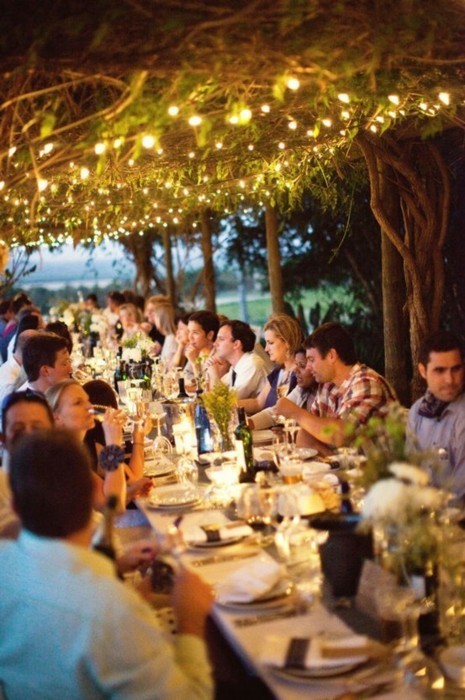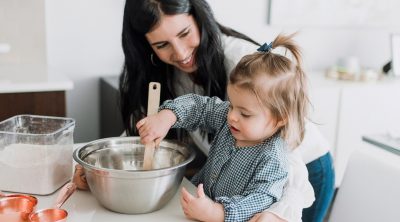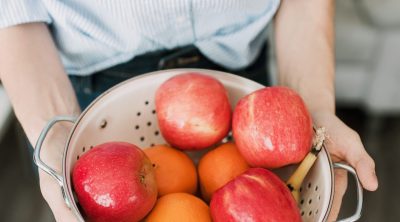A few weeks ago, C and I were invited to a friend’s house for a BBQ. It was a casual, fun evening and we chatted over homemade burgers and wine. After finishing our plates and feeling satisfied, C noticed a platter with extra burgers at the centre of the table and decided “Oh heck, I’m having another one. Are you having a second one too?” he asked his fellow male friend, passing him the platter. And so, the eating continued a little while longer. Later that evening, as we stepped back into the car, C turned to me and tells me he feels painfully full. So I asked him what made him reach for that second burger and he responded:
“Oh no, am I a social eater?”
Is he? I thought to myself. Being the eating behaviour junkie that I am, I decided to find out.
As it turns out, the phenomenon C was referring to is known as the social facilitation of eating ; in the presence of others, people tend to eat more than when they are alone. How much more? Studies on social facilitation show that people can eat 30-50% more in the presence of others and that this effect gets stronger as group size increases.
Why does this happen? In a study published in the journal Physiology and Behaviour, researchers had volunteers keep 7-day food diaries recording what they ate, how much, when and where they ate it, as well as the social context in which they ate. Their explanation for the social facilitation of eating? The time-extention hypothesis. Having more people present extends the duration of the meal, leading to a greater intake of food. So it isn’t because we eat faster, nor that we are hungrier or happier, but that greater intake is mostly a function of how long we’re sitting at the table and in the presence of food.
It also seems that this effect is stronger around family and friends than it is around strangers. Some authors suggest that in the presence of a stranger, we may want to make a good impression and as a result, we may control our intake or keep the meal shorter. On the other hand, when surrounded by friends, we feel more disinhibited and well, simply don’t care as much.
The takeaway
Eating behaviour is mediated by many factors and when making changes, it’s important to consider elements that go way beyond the food on our plates. Does this mean that you should start flying solo? No. Just use this as food for thought as you enter the long-weekend and a summer filled with social events and family cookouts.
The tip for the social eater
Decide what and how much you plan to eat before you start your meal. Once you get carried away in conversations with family and friends it’s easy to lose track of what and how much you’ve eaten without a guideline. So make a plan beforehand and try sticking to it!
So tell me, are you a social eater?
Photo credit: A well traveled woman tumblr





Guilty! I am aware of this too but I can’t stop myself. My friends and I always order more than enough food and I’m usually the one to clean the plates. Definitely need to find a solution to this problem!